Dealing with debt is often stressful, but the way a company approaches collecting it can make the experience far more distressing. Many consumers encounter practices that feel intimidating or persistent, which can create a cycle of anxiety and uncertainty. Understanding these behaviors and knowing your rights is essential for protecting yourself and your financial well-being.
One growing concern in the debt collection industry is Monarch Recovery Management Harassment, a term that refers to aggressive, repeated, or threatening tactics aimed at pressuring individuals to pay debts. Recognizing when these tactics cross legal or ethical lines can help you take action before the situation escalates.
Common Signs of Harassment in Debt Collection
Debt collection harassment can take many forms, some of which may be subtle. Consumers should be aware of behaviors that are considered unacceptable, including:
-
Repeated Phone Calls: Receiving calls multiple times a day or night intended to intimidate or annoy.
-
Threats: Any communication suggesting legal action, wage garnishment, or arrest when such actions are not lawful.
-
Public Shaming: Contacting friends, family, or employers about your debt.
-
False Claims: Misrepresenting the amount owed or the consequences of nonpayment.
-
Invasive Contact Methods: Repeatedly sending letters, emails, or messages after requests to stop.
Being able to identify these signs allows you to respond appropriately and safeguard your rights.
Legal Protections You Can Rely On
Consumers have specific legal protections under the Fair Debt Collection Practices Act (FDCPA). This federal law prohibits debt collectors from using abusive, deceptive, or unfair practices. Under the FDCPA, you can:
-
Request verification of the debt to ensure it is accurate.
-
Stop collectors from contacting you by sending a written cease-and-desist notice.
-
Report violations to the Consumer Financial Protection Bureau (CFPB) or your state attorney general.
Understanding these rights is crucial in empowering yourself to handle debt collection without unnecessary stress.
Steps to Protect Your Financial and Emotional Health
Facing debt collection does not have to feel overwhelming. Implementing strategies to protect both your finances and mental health can make a significant difference:
-
Document Everything: Keep a record of all calls, letters, and messages from debt collectors. This documentation can be vital if you need to file a complaint.
-
Know Your Rights: Familiarize yourself with the FDCPA and other state-specific consumer protection laws.
-
Seek Professional Help: Financial counselors or legal advisors can guide you through debt disputes and provide peace of mind.
-
Set Boundaries: Clearly communicate your preferred contact methods and limits. Once done in writing, collectors must comply.
-
Consider Debt Management Plans: Consolidating or restructuring debts can reduce the frequency of collection attempts and provide a clearer path to repayment.
Taking these steps not only protects your finances but also helps reduce the emotional burden often associated with debt collection harassment.
The Importance of Advocacy and Awareness
Awareness campaigns and advocacy groups play a vital role in helping consumers recognize and resist harassment. By educating the public about their rights and providing resources for support, these organizations empower individuals to respond confidently to unfair practices.
Companies also bear responsibility for maintaining ethical debt collection standards. Adopting transparent, respectful, and compliant policies prevents harassment and builds trust with consumers. Ethical practices benefit both the company and the individuals they interact with.
Conclusion
Aggressive debt collection tactics, such as those described by Monarch Recovery Management Harassment, can have serious emotional and financial consequences. Understanding your rights, documenting interactions, and seeking professional guidance are essential for protecting yourself. By staying informed and proactive, consumers can navigate debt collection challenges while safeguarding their mental and emotional health. Ethical collection practices are achievable, and awareness is the first step toward creating a fair and respectful financial system for all.

